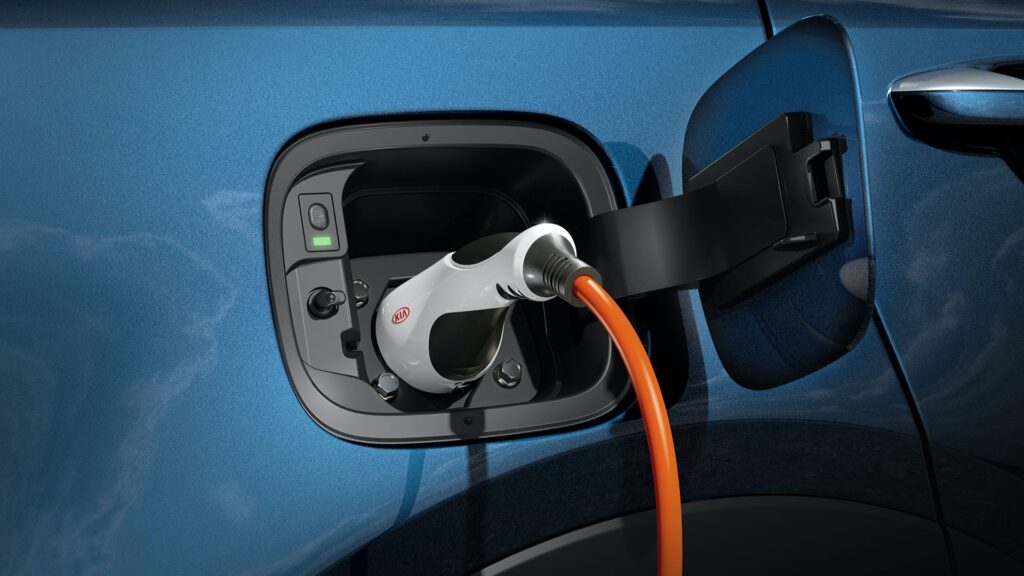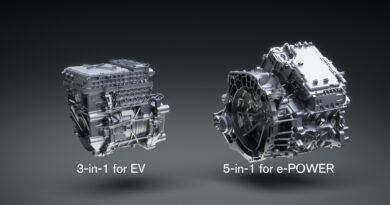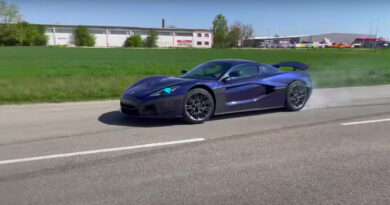Proposed bill aims to “neutralise” state EV taxes
Controversial state taxes targeting electric cars could be effectively stopped by the Federal Government with a bill to “prevent the States erecting road blocks to the uptake of electric vehicles”.
Greens Senator Janet Rice has proposed the bill planned to “neutralise” the revenue collected by state taxes aimed specifically at EVs, effectively removing the incentive for some states to continue with the proposed tax grab.
Titled the “COAG Reform Fund Amendment (No Electric Vehicle Taxes) Bill 2020”, the bill was introduced to Parliament on the final sitting day on December 10 when a second reading was also moved.
Want the latest electric car news and reviews delivered to your inbox? Subscribe to our weekly newsletter!
If passed by Parliament the bill would effectively block proposed state EV taxes; Victoria has said it wants to tax EV owners 2.5 cents per kilometre to level the playing field against the 42.3 cents per litre of fuel excise revenue collected on other vehicles.
“The overriding purpose of this Bill is to prevent the States erecting road blocks to the uptake of electric vehicles (EVs),” is how an explanatory memorandum circulated by Senator Rice describes the bill.
“This Bill seeks to neutralise the revenue effect of States and Territories that legislate discriminatory taxes or charges against the purchase and use of electric vehicles. The Bill will also financially reward States and Territories that don’t place such road blocks to electric vehicle uptake by redistributing the money withheld from non-complying States and Territories.”
Basically, the Greens are proposing the Federal Government reduce funding revenue supplied to the states and territories – from taxes such as fuel excise and GST collection – if they begin levying taxes on electric cars.
The funding shortfall would match the amount the states would receive in an EV tax.
As a further penalty the revenue those non-complying states did not receive from the Federal Government as a result of their EV tax would be redistributed to states that don’t have an EV tax.
The bill proposes those non-complying states “will either have their grants reduced in the following financial year by the amount raised from such taxes and charges in a given financial year or will be required to pay back to the Commonwealth an amount of the grant equal to the amount raised from such taxes and charges”.
So it’s a double whammy, and one that appears almost certain to stop any proposed state EV taxes if it passes through Parliament.
A spokesperson confirmed Senator Rice had had early conversations with Liberal and Labor MPs and that she is looking for support for the bill from both major parties.

While there will be little progress on the bill until Parliament resumes in February 2021, it’s understood some within the major parties “shared the concerns about the impact of the state taxes” and were open to considering ways the federal government could intervene against the proposed state taxes.
That’s understandable, because the federal government would not want to see its revenue lunch cut.
In proposing state EV taxes that would effectively deny the Federal Government of revenue it’s currently receiving through fuel excise, which is revenue set to decline over coming decades as cars transition to electrification.
Fuel excise accounts for around $11 billion annually, a figure that has reduced about 30 percent since 2001.
The Henry Tax Review of 2010 recommended considering a road user charge that would tax drivers based on distance travelled.




